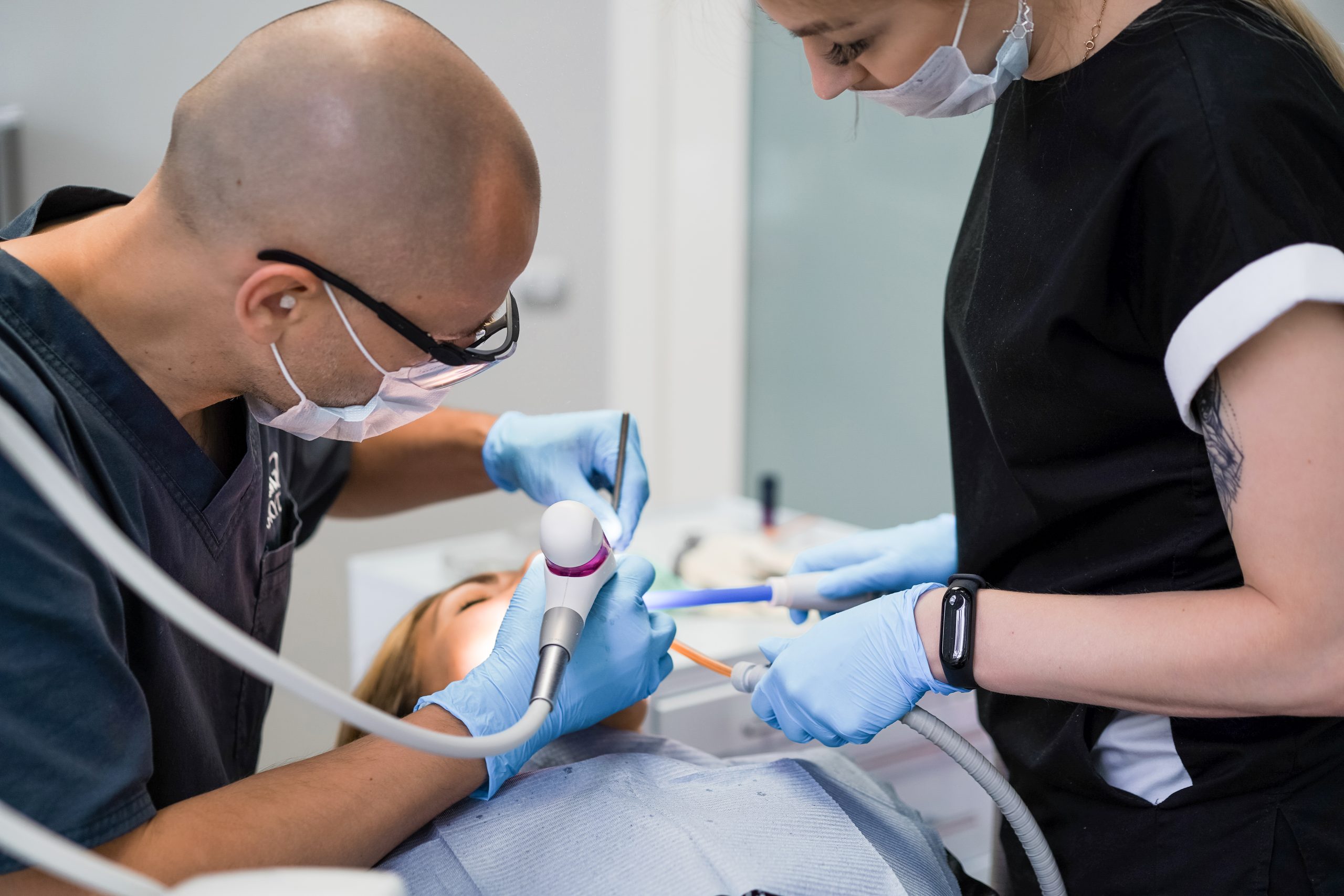Dental Implants and Gum Disease
Keeping your gums healthy is a crucial part of having dental implants. Without good oral hygiene, you can have gum disease, which can affect your implants. You may experience problems such as loose implants, bad breath, receding gums, and bone deterioration.
What Is Gum Disease
Gum disease is a condition where bacteria in your mouth cause infection. The infection causes redness, swelling, and pain in your gums. The gums may also begin to bleed. Your dentist can diagnose gum disease and give you the proper treatment. Gum disease can be reversible when it is detected early. However, it can be a very serious condition if left untreated. It can also damage your jaw bone and even lead to the loss of your teeth.
What are Dental Implants
Dental implants are implants that are surgically inserted into your jawbone. These implants are made from metal or porcelain. Depending on the implant, they can be used to replace a missing tooth or replace a missing dental crown. They can also be used to support a full or partial denture. They can be a great way to restore your smile and your diet.
How Can Implants Help With Gum Disease
If you have lost a tooth due to gum disease, your dentist can help you restore your smile with a dental implant. However, your dentist may need to perform surgery on your gums to remove the diseased tissue. You may need to wait a few months for your gums to heal before you can have your dental implant placed.
Dental implants can be placed in the jawbone to replace a missing tooth. During this procedure, the dentist will shave a small amount of the gum to create a “pocket” around the tooth. The dentist may also need to clean out the pockets to prevent bone damage. If your gums bleed, you may have an infection that requires antibiotics to remove. You may also need a soft tissue graft if the tissue is not healthy enough to support the implant.

Looking After Your Dental Implant
The bacteria in plaque may cause gum disease. If left untreated, bacteria can cause an infection that spreads to your jawbone. In order to prevent an infection, you will need to visit your dentist regularly. You may also need to take antibiotics for the length of the treatment. You will also need to use a good oral hygiene routine to prevent the infection from recurring.
If your implant becomes infected, you may need to visit the dentist to have it removed. This is important if you have diabetes or are a smoker. Infection can lead to damage to your heart and other parts of your body. If you have an infected implant, it is important to maintain a new oral hygiene routine and avoid smoking until your infection is completely gone.
If your implant is not functioning properly, you may need to have it replaced. Dental implants can provide you with a healthier, happier smile. If you have gum disease, you will need to treat it before your implant is placed. This can prevent irreversible damage to your mouth. You will also need to follow a good oral hygiene routine and visit your dentist regularly.
If you are looking for a dentist to support you with you implants, contact Dental Implant Plus.








